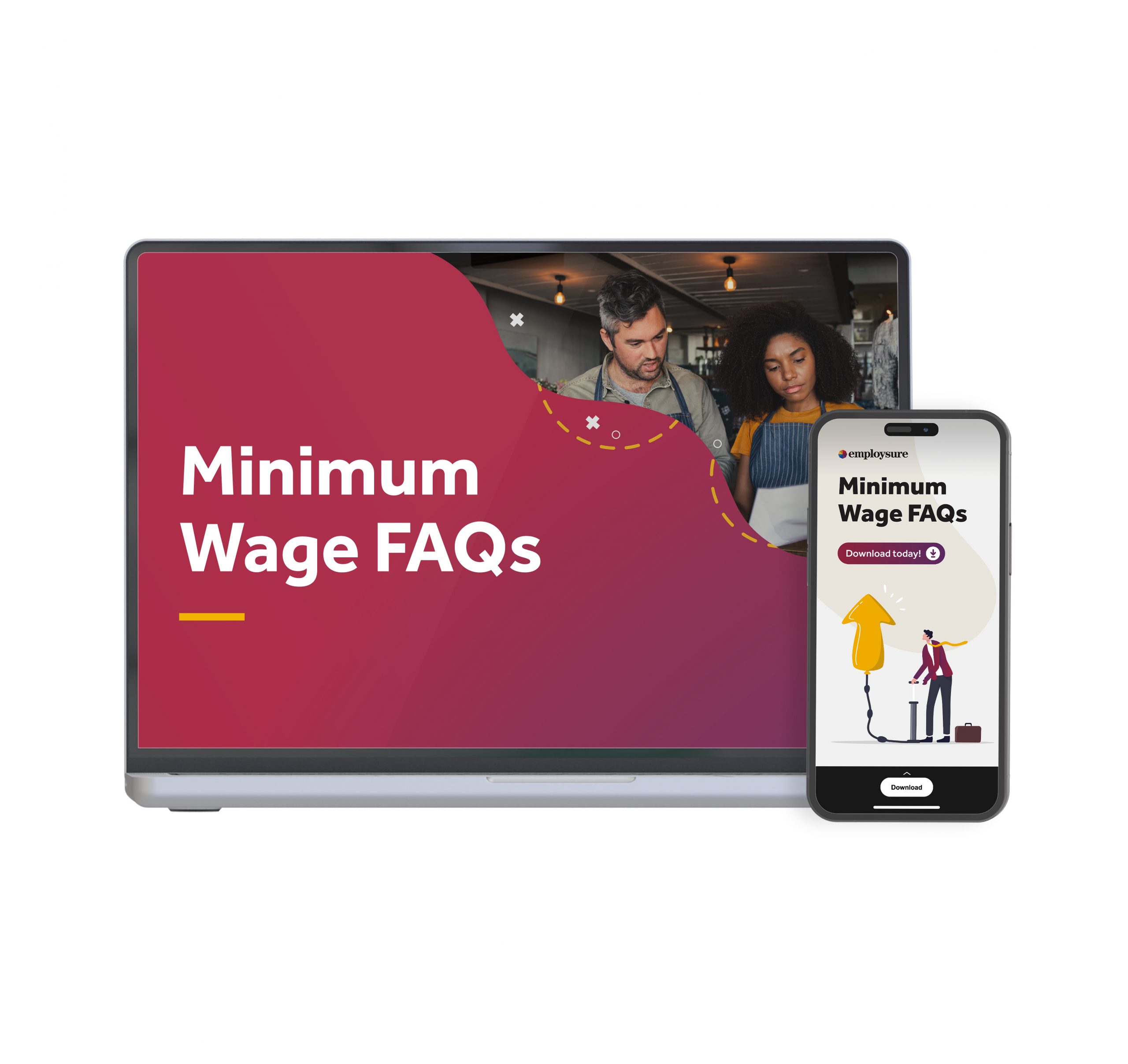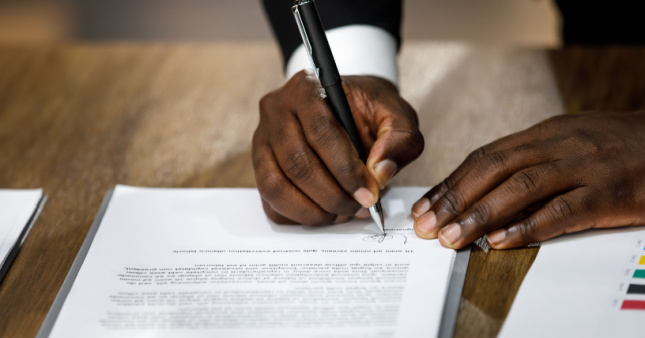
Are you new to the concept of fair pay agreements? As one of the biggest changes to New Zealand workplace legislation since the introduction of the Employment Contracts Act (1991), there’s plenty to unpack.
This guide takes you through everything you need to know about fair pay agreements step-by-step.
What are fair pay agreements?
Fair pay agreements, or FPAs, involve eligible employer associations and unions coming together to bargain for minimum employment terms. These terms apply to all covered employees in a given industry or occupation.
In reaching a fair pay agreement, any relevant organisations will meet to discuss and agree on minimum standards for wages and pay, work hours, overtime, and other employment conditions.
Why are fair pay agreements important?
Whilst the cost of living in New Zealand has been steadily increasing, middle and low-income earners (including cleaners, bus drivers and security guards) have seen their wages increase at a much slower rate than higher earners in other industries and professions.
In low and middle-income industries, businesses are competing for customers and contracts by offering the lowest possible prices. This involves cutting overheads by reducing wages and decreasing employment conditions in a “race to the bottom”.
Fair pay agreements are intended to counteract this trend and give low to middle-income employees more leverage when negotiating for better pay and work conditions.
The Fair Pay Agreements Bill
The New Zealand Government implemented a fair pay agreement system with The Fair Pay Agreements Bill, which passed into New Zealand law in on 1 November 2022. Applications to initiate fair pay agreement bargaining officially began from 1 December 2022.
If you’re familiar with modern awards in Australia, fair pay agreements are used in a similar way. The aim of fair work agreements is to regulate working conditions and pay for employees working in a given sector.
How does the fair pay agreement system work?
Under the fair pay agreement system, employees and their representatives can apply to the Ministry of Business, Innovation and Employment (MBIE) to initiate bargaining with employers. In order to initiate employee bargaining, at least 10% of their workforce (or 1000 staff) must agree to beginning the process.
Bargaining for a new fair pay agreement targets minimum work conditions and fair pay for employees, addressing important topics such as:
Base pay rates
Ordinary hours
Overtime
Penalty rates
Other topics can also be discussed, though not necessarily included in a final agreement, such as:
Redundancy

The Minimum Wage has increased.
As a business owner or employer, you may have questions about the latest wage increase and what it means for you. We have created these FREE FAQs to help you prepare your business.
Government funding
The government also provides funding of up to $50,000 to support bargaining for both employee and employer sides.
A fair pay agreement application will initially be reviewed and approved by the MBIE. After this, bargaining will take place between both bargaining sides.
Once a proposed fair pay agreement is reached, it will be vetted by the Employment Relations Authority and – if approved – enforced by the MBIE. Any fair pay agreements that pass into MBIE legislation will apply to all covered employers and employees within that industry.
The Employment Relations Authority provides information about applying for bargaining funding on its website.
Representation
Bargaining involves an employee side and an employer side
Fair pay agreement bargaining is between an employee bargaining side and an employer bargaining side. Eligible unions that are approved to be an employee bargaining party negotiate on the employee bargaining side for employees.
The employee bargaining side must bargain for all employees, including those that are not members of any of the unions involved. This means if you are covered by a proposed fair pay agreement, the employee bargaining side must bargain on your behalf.
Eligible employer associations approved to be an employer bargaining party negotiate on the employer bargaining side. Again, these employer associations must also bargain on behalf of employers that are not their members.
Representation of Māori employees
Bargaining sides must take all steps to ensure Māori employees or employers are represented in the process. This includes:
Gathering and considering feedback from representatives of Māori employees or employers before you start bargaining.
Considering whether the bargaining side should include a person that represents the interests of Māori employees or employers.
Bargaining parties must act in good faith
According to The Fair Pay Agreements Bill, there is a duty of good faith that exists between the parties involved in the bargaining process. This means all parties must create and maintain positive and productive relationships in an attempt to reach collective agreements.
Acting in good faith involves maintaining communication, responding to any requests for information, and not doing anything to deceive the other party.
Who is affected?
Workplace Relations and Safety Minister Michael Wood says fair pay agreements are for Kiwis working in critical roles who previously lacked the power to bargain for improved pay and conditions.
As such, fair pay agreements impact a number of key players in the workplace, most notably:
Employees: Bargaining power and living standards for both employees and their families should increase with the fair pay agreements system. It should also create a healthier dialogue between employers and employees.
Employers: The fair pay agreements system is also aimed at creating an environment where businesses compete on quality of products and services, rather than on low prices that are driven down by low wages and poor employment conditions. The New Zealand government hopes that the system will encourage businesses to invest in education, training and professional development.
Payroll staff: The process of setting up payroll in keeping with fair pay agreements is time consuming and complicated, especially if the business is covered by multiple agreements. Payroll staff will need to ensure their policies and procedures are compliant once any changes are introduced.
For advice and support with employee wages and pay, including fair pay agreements, call Employsure’s FREE 24/7 Advice Line on 0800 568 012.










